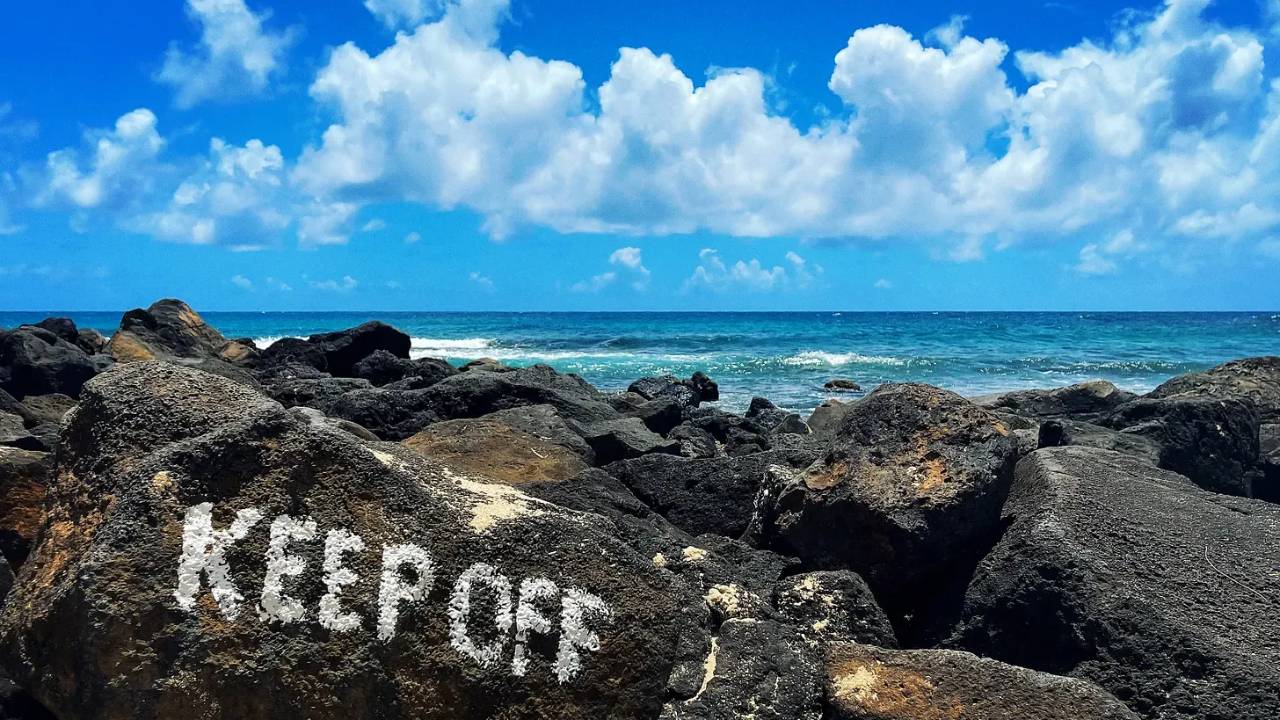"How Much Can I Share? And What Happens When My Family And Friends Read My Stories About Them? "
TL;DR: it's complicated.
Tonight, I will be hosting my weekly free memoir writing workshop. Find details at the end of the email.
Last week, I hosted my free "Memoir Writing Workshop," and an attendee asked, "How much can I share about others in my stories?"
This is a difficult question to answer because there is no good answer.
It is a thorny issue, and I have read many memoirists, writers, and tellers who approach it differently.
What seems to be the most prominent approach in memoir writing is what Anne Lamott summarized with her quote, "If people wanted you to write warmly about them, they should've behaved better."
I have seen many people use this approach successfully, and there is something to say about the honesty and authenticity of it.
I once had the opportunity to talk to David Sedaris, and he said that one mistake he often sees amateur writers make is elevating people because they feel guilty they are going to talk bad about them.
I have a philosophy for myself.
I am not going to sacrifice my relationships in service of my writing. If a story is too thorny or if it could portray someone I love in a negative light, then that is a story that belongs in my journal, and no one gets to see it.
Then, you have to think about your style of writing. Because my writing is mainly humorous and self-deprecating, I don't think I portray anyone as completely wrong or completely right. I see the stories in my life filled with actors in a back-and-forth that builds the story and, in the process, builds shared history and meaning.
Some people are worried about libel, and you have to take this seriously if the person you want to talk about is famous and if your piece is going to defame them. They can prove in court that the defamation costs them financially. However, it is likely you are not trying to talk about famous people but about your neighbor, your sister, or someone you know who is not famous.
If you still want to write about them, you can change their name and their identifiable characteristics so they are unrecognizable. I don't have as much experience with this, and if I'm not comfortable talking about a specific event, I just don't talk about it. But I know people use this device to great success, and many report how the others they are talking about don't recognize themselves in the stories.
Most of the time, I'm very comfortable talking about my family, friends, and neighbors because I write funny essays and don't go on tirades to condemn them. I show their inconsistencies as humans, and I also talk part of my blame because, let's be honest, typically, blame can't be solely placed on one single person.
The next practical consideration is whether they will read it.
Early on, when I started writing personal essays and stories, I just told myself, "People don't read, so what makes me believe that this specific person I'm talking about is going to read this piece?"
Now, I do have to take that into consideration because some of my pieces end up in the local newspaper, and because I'm actively promoting my writing, people I know will end up in one of my newsletter lists.
I still have the chance to write something about someone who cut me off in line or who gave me terrible advice, but at that point, it could be truly journalistic, and I might not end up sharing that piece. I still freely write about people from my past, conversations I overhear, or people in my family who I don't care whether or not they like what I write.
Another consideration is "Is it morally imperative?" Sometimes, we don't get to shy away from our responsibilities. If it is important to tell a story because you want to highlight injustice, then you need to find it in yourself to be brave and talk about your experience.
I have a few more questions I ask myself if I'm feeling unsure as to whether or not I should tell and publish a story about someone I know.
I'll share those with you on Thursday.
In the meantime, don't think about this part too much.
Just write.
Later, you can edit it so you feel comfortable sharing a piece, and you can even decide to never show that piece to anyone.
To me, the most important part of the writing process is working through the feelings and understanding the specific story I'm working on.
Tonight and every Tuesday at 8:15 PM Pacific Time, I will be hosting a free Memoir Writing Workshop.
Walk out with a draft of one of your stories. Come and ask your burning questions about writing your personal stories and essays, and have fun surrounded by supportive, like-minded writers.
I have decided not to stream these workshops to my social media channels; I will just host them on Zoom.
I want participants to feel comfortable knowing that this is not being watched by someone who is not present in the panel and that it won't be accessible later.
Only those who join the Zoom call will be able to take part in it. Once that session is done, no one else, not even me, gets to listen to it.
The theme for tonight is "Tiny Inconveniences;" what was something your dad or mom did that was an inconvenience but was meant to serve a larger purpose? Did your dad hold the door for your mom? Or did he take the longer route home? Or maybe it was something you did for your kids? Or is there something you are planning on doing for yourself?
Come and learn a simple structure to tell stories and walk out of the workshop with one new story to add to your memoir.
- I will quickly show how I use my storytelling cheat sheet to draft interesting stories in minutes,
- I will guide you through the guide in a writing exercise,
- Finally, I will open the floor to questions or for anyone who wants to share the story they wrote.
Join me on Zoom!
You can save this meeting ID for the upcoming workshops.




Responses